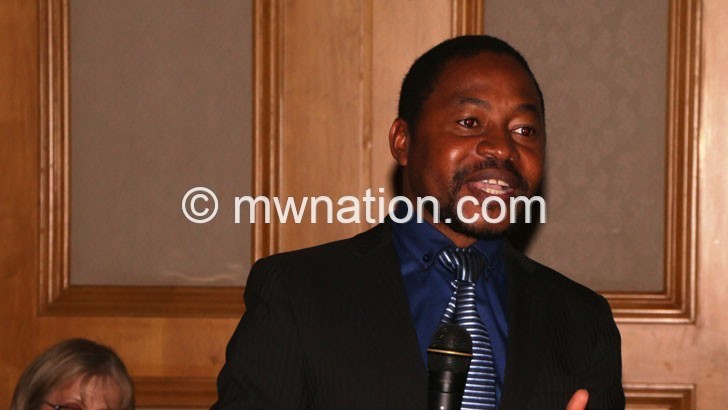Congoma seeks role in public procurement
The Council for Non-Governmental Organisations (Congoma) says it wants non-governmental organisations (NGOs) to be involved in public goods procurement exercises to enhance transparency and accountability in government systems.
Speaking at a meeting that Congoma held with its stakeholders on a project called Community Participation in Public Procurement for Better Public Resource Allocation (CPPP-BPRA) in Lilongwe yesterday, executive director Ronald Mtonga said corruption will continue in the public sector if no one provides checks and balances on government.

Said Mtonga: “About 80 percent of the 2018/19 National Budget is for public procurement of goods. So, if that money goes to the drain, the nation will suffer.”
He observed that the Public Procurement and Disposal of Assets (PPDA) Act, as a new law, risks not being adhered to due to capacity gaps in the public sector but NGOs could fill that.
In her speech, Congoma regional chairperson (Centre) Rachel Kachaje said public procurement is vital to good economics.
She said: “We are aware that without a competitive transparent and effective procurement system, government will struggle to deliver high standards value of goods at various levels.”
PPDA executive director Elias Hausi acknowledged the need to involve NGOs in procurement, saying that would ensure Malawians are reached with resources in the budget.
On his part, governance commentator Henry Chingaipe said the involvement of NGOs would ensure transparency and accountability in government procurement processes.
He said: “Malawi has a huge implementation gap between what the law says and what happens in practice, on what institutions are mandated to do, what they actually do and more importantly how they actually do it. We need someone who is going to do things in our favour to retain us but also help us to appropriate benefits.”
The 2014 Organisation for Economic Co-operation and Development (OECD) report produced courtesy of Development Assistance Committee (DAC) found that 20 to 40 percent of contract projects were obtained through corrupt means and that in 60 percent of transactions, public officers requested some form of gratification to be given contracts.
About three districts, including Lilongwe, have been earmarked as councils where CSOs need to be involved through a Tilitonse Foundation-funded project.





